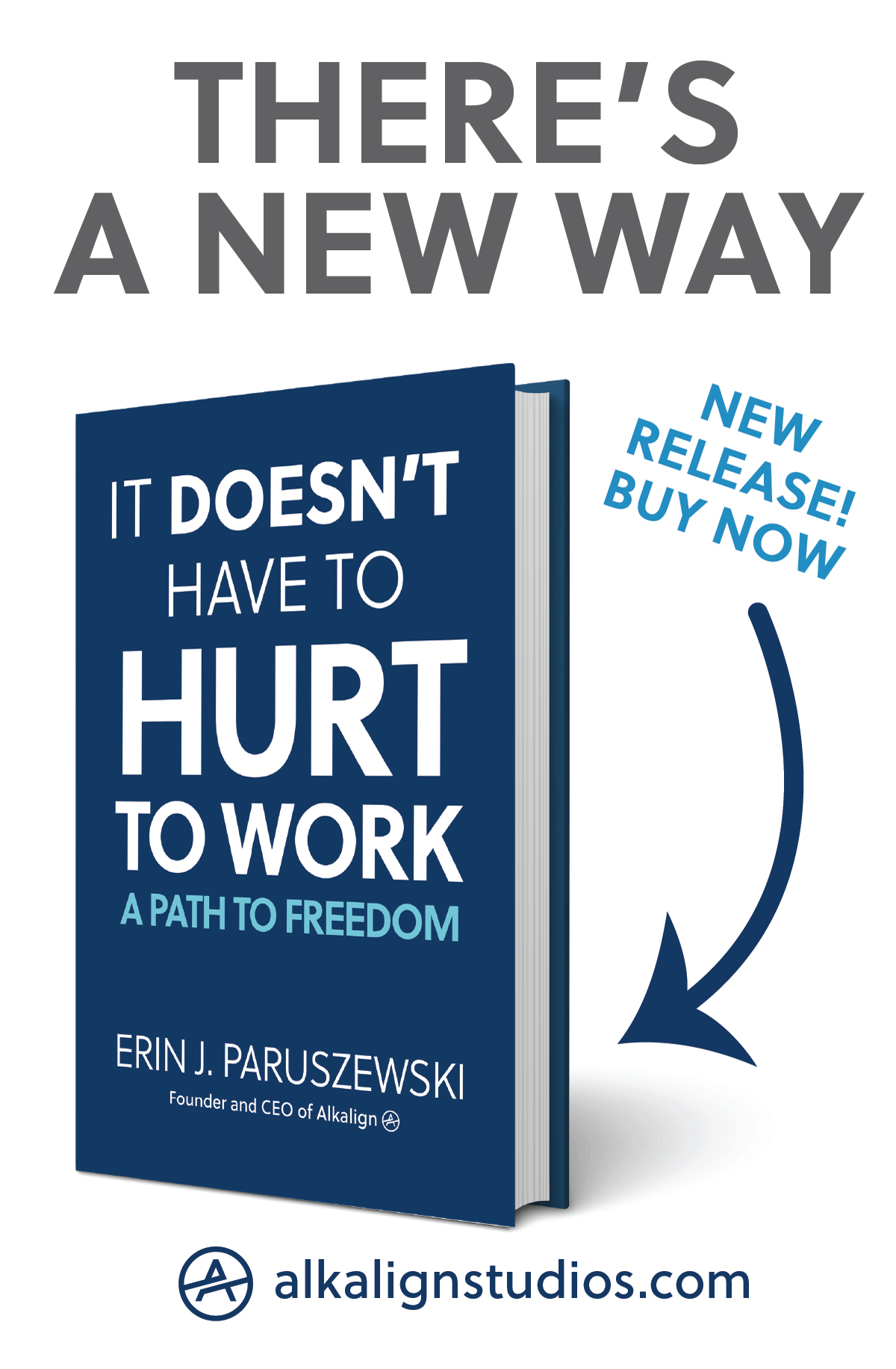Do you know what your fasting glucose is? How about fasting insulin? Unless you are diabetic, chances are that you’ve never thought about these numbers, much less tracked them.
However, blood glucose (aka blood sugar) is linked to so many systems in the body. Having chronically high or erratic blood sugar can result in a whole host of issues. Hormone imbalances, low energy, brain fog and weight gain are common symptoms and early indicators that something is awry. Left unchecked, it can lead to more serious and chronic conditions, including diabetes, Alzheimer’s disease and nerve problems such as neuropathy and cardiovascular disease.
Blood sugar is the body’s primary energy source. When we eat carbohydrates, the body breaks it down into glucose and sends it into the bloodstream. Insulin, a hormone produced in the pancreas, helps control blood sugar levels by ushering the glucose into the cells, where it is used immediately for fuel or stored for later.
It’s normal for glucose to rise when we eat. This is what signals the pancreas to produce insulin, which brings glucose back down. When glucose spikes, it requires more insulin production. If the spikes are steep and frequent, your body becomes less responsive to insulin and results in the pancreas producing even more, a condition known as insulin resistance.
According to a 2020 National Diabetes Study Report, approximately one-third of Americans are prediabetic and 80% don’t know it. I am one of those people. Despite being an integrative health coach, functional fitness trainer and one of the healthiest people I know, I had no idea that my blood glucose was in the prediabetic range. It wasn’t until myriad new symptoms, coupled with my authentic interest in the topic, inspired me to seek more information that I really began to understand what was happening in my body and why it mattered.
Unexplained weight gain, brain fog, energy crashes, heart palpitations and depression – these were my symptoms and, honestly, there could be many root causes. I chalked them up to perimenopause and the most stressful year of my life both personally and professionally. It wasn’t until I was looking back at a lab from earlier in the year that I noticed my fasting glucose was high, just a couple of points under the 100-124 prediabetic range. When I brought it to the attention of my doctor, she was not concerned. After all, I’m seemingly healthy. I eat well, exercise regularly and have a healthy BMI. But given the number of existing conditions we have in our family coupled with my propensity for sugar, I dug deeper. I didn’t want to wait for the diagnosis to make a change. I wanted to prevent the diagnosis altogether.
I started wearing a continuous glucose monitor, requested that my doctor order a fasting insulin test and started making lifestyle changes such as cutting out processed foods and refined sugar. I paid attention to how sleep, movement patterns and different foods consumed impacted my blood sugar. More importantly, I paid attention to my symptoms. Within weeks, I noticed my fasting glucose dropped to a less alarming range and many of my symptoms have since dissipated.
While I would never attribute 100% of these symptoms to blood sugar dysregulation alone, it can be a significant and mostly silent contributor to many health issues.
Positive change
The good news is that you can positively impact your blood sugar, and thereby your health and longevity, with relatively simple tweaks to your daily habits.
The first step is awareness of your fasting insulin, fasting glucose and how glucose changes throughout the day.
The second step is to adjust your diet to reduce or remove as many processed, packaged foods as possible. Eating a balanced, whole-food diet with adequate fiber and complex versus simple carbohydrates will help stabilize blood sugar, as will incorporating movement into your day after you eat. While cutting back on your favorites (for me, it’s chocolate chip cookies and cocktails) may seem like a non-negotiable, it sure beats the inconvenience of the many scary and potentially fatal conditions that are rooted in insulin resistance.
An ounce of prevention is worth a pound of cure, and that is never truer than with blood sugar regulation. It is one of the simplest ways to proactively manage your health and prevent the escalation of disease states that are much more difficult to reverse.
Take charge of your health by being an advocate for yourself. Consult with your physician, ask for the blood panels and discuss options with them based on your risk factors.
For more information or personalized health coaching, email erin@alkalignstudios.com.



